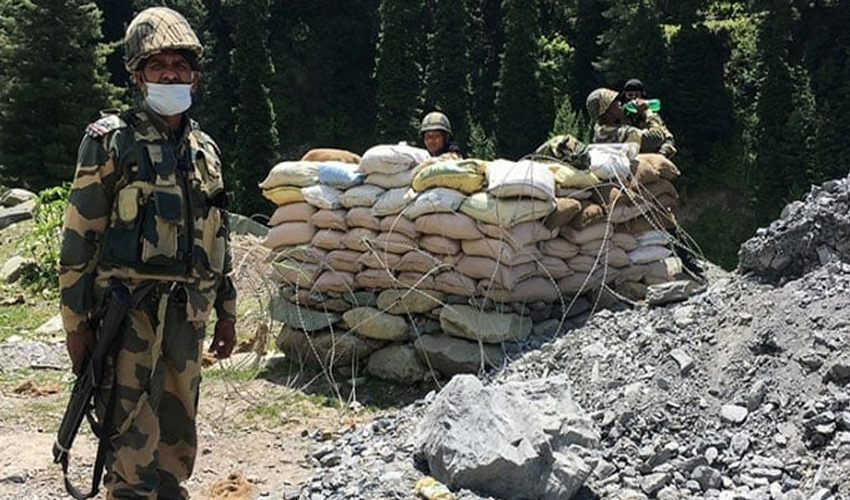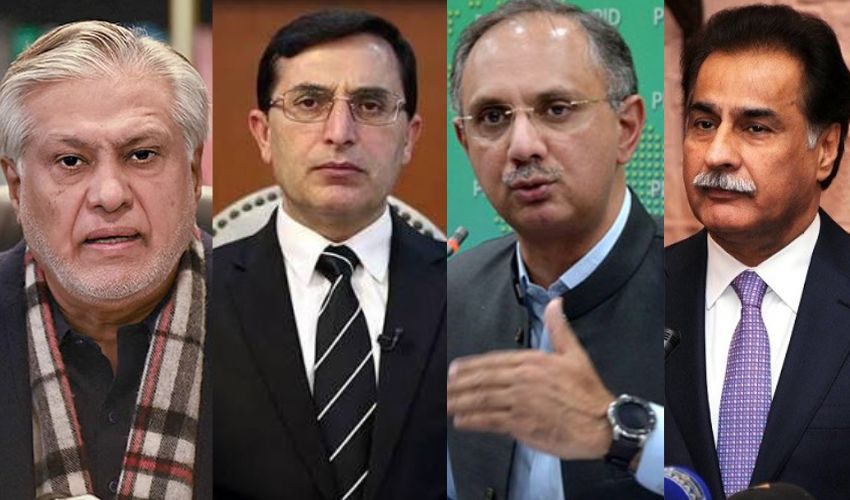In a disturbing trend, there has been a serious increase in suicide rates among Indian security forces, raising concerns about the working conditions and policies affecting the mental health of personnel.
The recent incidents of self-harm have brought to light the challenges faced by those in uniform, shedding light on the need for urgent attention to address the root causes.
On December 18, Mohil Moola, an officer of the Indian Border Security Force (BSF) from the 92 Battalion, tragically took his own life while on duty. Just a day later, on December 19, Central Reserve Police Force (CRPF) officer Ajay Vighela also succumbed to suicide. The incidents have sent shockwaves through the security forces community, prompting a closer examination of the factors contributing to these distressing events.
Sources within the military have suggested that one of the major reasons behind the surge in suicides is the abusive behavior exhibited by military officers and a lack of consideration for the mental well-being of subordinates. Reports indicate that some officers have been denying leave to their subordinates when necessary, exacerbating the stress levels among the personnel.
Furthermore, allegations of corruption among Indian army officers have surfaced, claiming that the legitimate rights of subordinates are being eroded. This has created an environment of frustration and helplessness, pushing many security personnel to the brink.
The issue is not isolated to a few individuals; it appears to be a widespread problem. Since 2007, more than 587 Indian soldiers have reportedly taken their own lives in the occupied valley, according to Kashmir Media Service. Reuters has also reported that over half of the Indian security forces currently stationed in Occupied Kashmir are experiencing severe stress.
Experts argued that the incompetence and poor policies of the Indian government have contributed to the rise in mental stress and depression among security forces. The need for immediate intervention and reform in the working conditions and policies affecting these personnel has become increasingly apparent.
The Indian government now faces mounting pressure to address the root causes of the mental health crisis within the security forces and implement measures to improve working conditions.
As the nation mourns the loss of dedicated officers, the call for a comprehensive and compassionate approach to the well-being of those in uniform is becoming more urgent than ever.



























